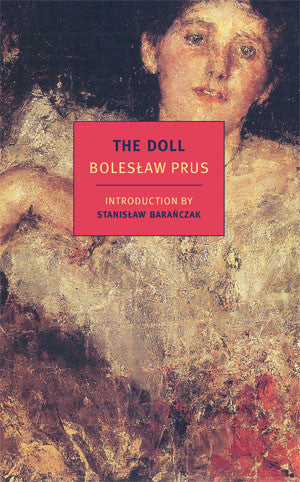Collection:
Bolesław Prus
Bolesław Prus (1847–1912) was born Aleksander Głowacki in the provincial town of Hrubieszów, Poland. His mother died in 1850; his father, an estate steward of noble birth (the author’s pen name is a reference to the family’s origin near the Prussian border), died six years later, leaving him in the care of relatives in Puławy and Lublin. In 1862, he moved to Kielce with his older brother Leon, a Polish patriot. The next year, the teenaged Aleksander joined in the January 1863 uprising against Russian rule. Wounded in battle, he was imprisoned in Lublin Castle, but released when he was discovered to be underage. He then finished high school and enrolled in university, but lacked the funds to graduate. Instead, he worked several odd jobs, including a stint in a metallurgical factory, before taking up journalism. Prus eventually made a name for himself as a writer of feuilletons, publishing his much-admired Kroniki in the Kurier Warszawski between 1875 and 1887, and also achieved some success with his short stories. The Outpost, published in 1885, was the first of four novels that secured his literary reputation. It was followed by The Doll (1890), Emancipated Women (1894), and The Pharaoh (1897). A respected but no longer fashionable writer, Prus dedicated his last years to social reform and philanthropic work.





